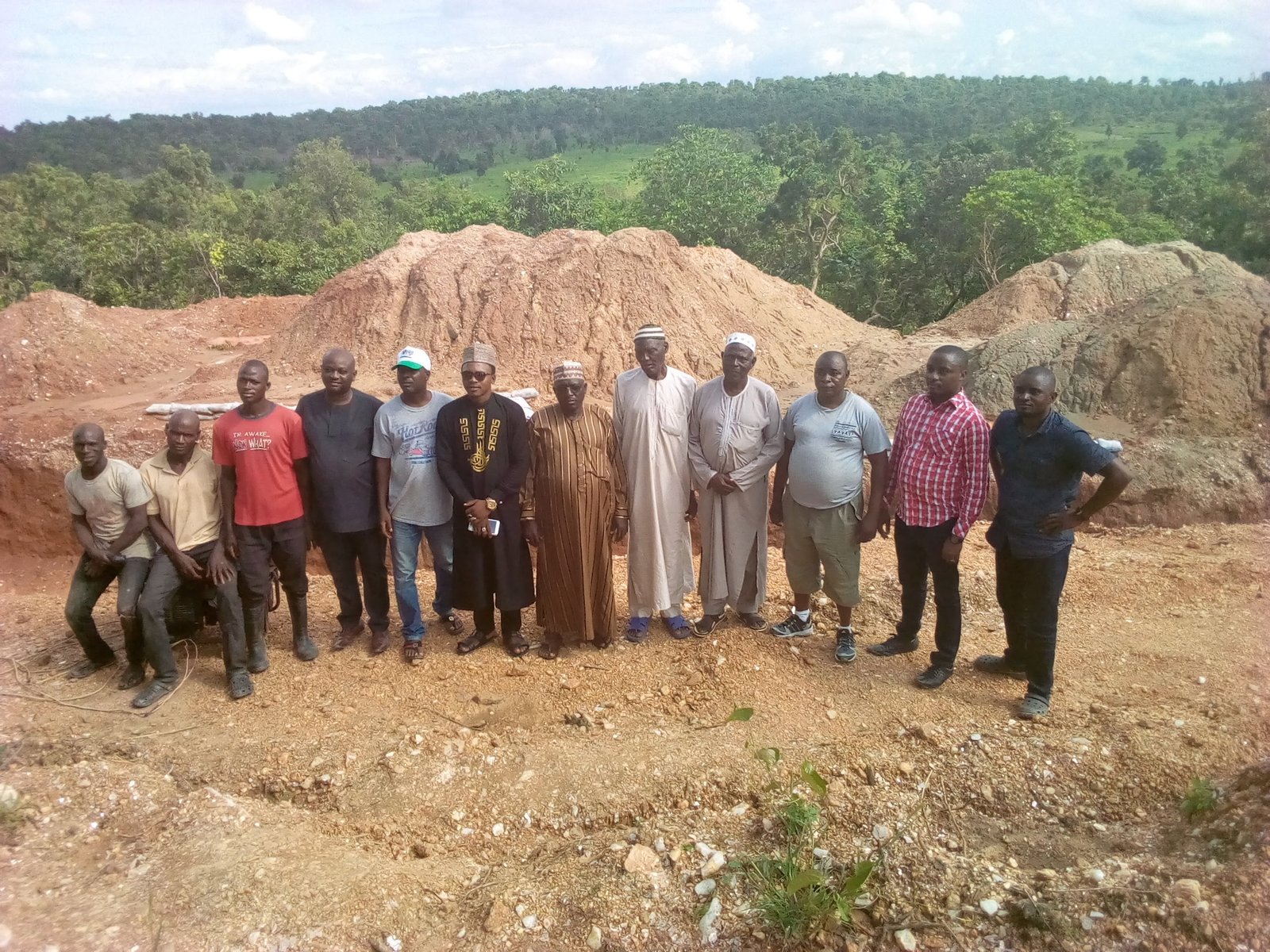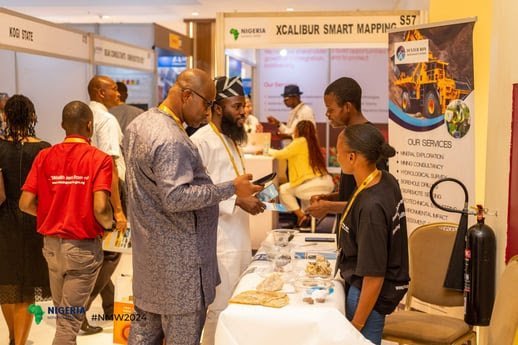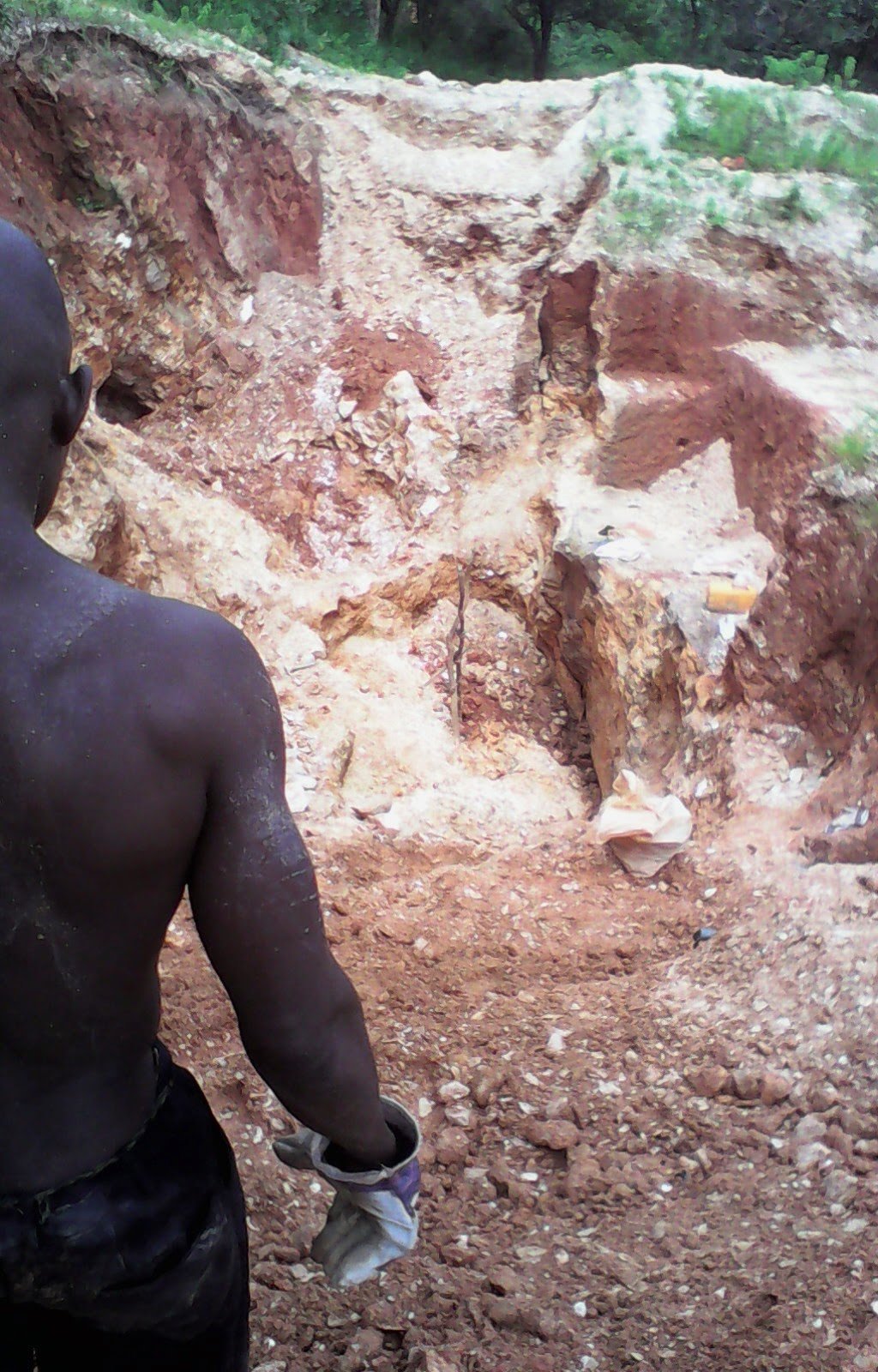Understanding Community Engagement in Mining:
Community engagement in the mining sector refers to the collaborative processes that involve stakeholders, including local communities, mining companies, and government bodies, in decision-making related to mining operations. This participatory approach is essential in fostering mutual trust and respect, which are crucial for obtaining a social license to operate. The concept recognizes that mining companies are not isolated entities but rather part of a broader socio-economic landscape that includes the communities directly affected by their activities.
Effective community engagement facilitates an open dialogue, allowing stakeholders to voice their concerns, aspirations, and perspectives. This exchange is vital in identifying potential social and environmental impacts before they escalate into conflicts. For instance, addressing local community fears regarding ecological degradation and resource depletion through transparent communication helps mitigate opposition to mining activities. When communities see that their views are taken into account, it results in enhanced cooperation, ultimately leading to sustainable mining practices.
Moreover, community engagement plays a critical role in promoting community development. By incorporating community needs and priorities into their operational frameworks, mining companies can contribute to local infrastructure, education, and healthcare, thereby improving the quality of life for residents. Such initiatives not only fulfill corporate social responsibility obligations but also foster goodwill and a positive relationship with the community.
In the context of Nigeria, where mining plays an increasingly significant role in economic development, understanding community engagement becomes even more imperative. Stakeholders must work collaboratively to establish frameworks that ensure sustainable practices, minimize adverse impacts, and enhance community livelihoods. By prioritizing effective community engagement, the mining sector in Nigeria can navigate the complex social landscape and contribute positively to both local communities and the broader economy.
Challenges of Community Engagement in Nigeria’s Mining Sector
Community engagement is a vital component of sustainable mining practices; however, Nigeria’s mining sector faces significant hurdles that impede effective collaboration with local communities. One of the primary challenges is the lack of transparency in mining operations. When companies are not forthcoming about their activities, potential impacts, and benefits, it fosters suspicion and distrust among community members. This opacity can lead to opposition and resistance, undermining future engagement efforts.
Another major obstacle is ineffective communication between mining companies and local communities. Many companies employ methods that fail to consider local languages and dialects, resulting in misunderstandings or a complete lack of acknowledgment of community concerns. This disconnect not only affects the dissemination of information but also diminishes the community’s trust in mining companies as partners.
Power imbalances between mining corporations and local communities further complicate engagement efforts. Often, large companies wield significant influence over local governance structures, creating scenarios where community voices are marginalized. Such power dynamics can produce an environment where community input is not genuinely valued, leading to resistance against mining operations.
Cultural barriers present another significant challenge. Different social norms, values, and practices can inhibit effective engagement. Companies may not adequately consider these cultural frameworks when designing their communication strategies, resulting in further alienation of local communities. Additionally, land tenure concerns complicate community engagement, as many communities lack formal recognition of their land rights. This absence of legal ownership can create conflicts over land use and resource allocation.
Corruption is also a troubling factor that influences community engagement in Nigeria’s mining sector. Corrupt practices can result in the distribution of benefits being skewed, favoring a few individuals over the collective community. This lack of equitable benefit-sharing can exacerbate local grievances and hinder meaningful community engagement.
Best Practices for Effective Community Engagement in Mining
Successful community engagement is imperative for mining companies that aim to foster sustainable relationships with the communities in which they operate. To achieve this, several best practices can be effectively implemented. One of the foremost strategies is early and continuous engagement. Initiating conversations with community members before project commencement can build trust and establish a foundation for ongoing dialogue. This proactive approach allows mining companies to address concerns and expectations from the onset, fostering a more collaborative environment throughout the project’s lifecycle.
Transparent communication is another critical component of effective engagement. Mining companies should strive to maintain open lines of communication regarding project developments, potential impacts, and benefits to the community. Utilizing various communication platforms, such as community meetings, newsletters, and digital media, can cater to diverse audience preferences and ensure that information is accessible and easily understood.
Inclusivity in decision-making is essential for fostering ownership and acceptance within the community. Involving community stakeholders in discussions about operations, environmental concerns, and potential impacts empowers local populations and promotes a sense of shared responsibility. Capacity building further strengthens this engagement. By providing training programs and educational opportunities, mining companies can equip community members with the skills necessary for participation in local projects and decision-making processes.
Social investment initiatives can also support sustainable community relations. Projects aimed at improving local infrastructure, education, and healthcare demonstrate a commitment to enhancing the well-being of the community, encouraging positive perceptions of mining activities. Additionally, establishing conflict resolution mechanisms can preemptively address disputes and tensions, ensuring that grievances are handled fairly and effectively.
Finally, implementing robust environmental monitoring systems can assure communities that their ecosystem is being considered and preserved. By conducting regular assessments and sharing findings with the community, companies reaffirm their responsibility towards both people and the environment, fostering a collaborative atmosphere that ultimately enhances project success.
Case Studies: Successful Community Engagement Initiatives in the Nigerian Mining Industry
Community engagement in sustainable mining is vital for fostering trust and collaboration between mining companies and local populations. Several initiatives in Nigeria illustrate how effective engagement can yield positive results for all stakeholders. One notable case is the partnership between a major mining company and the local community in Enugu State, where initiatives targeted job creation and infrastructure development. Through collaborative planning, the mining firm established vocational training programs aimed at equipping local youths with valuable skills, leading to the creation of 200 jobs within a year. This not only empowered the local workforce but also enhanced the company’s operational efficiency by creating a pool of skilled employees who understood local dynamics.
Another successful example can be found in Kebbi State, where a mining company initiated a community development program that focused on infrastructure improvement, including road construction and healthcare facilities. By collaborating with local leaders, the company identified critical needs and allocated resources accordingly. This partnership forged stronger relationships and increased local support, which ultimately resulted in smoother operations and reduced community resistance. The establishment of clinics also improved health outcomes, further reinforcing the positive impacts of community engagement.
Additionally, mineral exploration companies in Plateau State have implemented social investment strategies focusing on education and women’s empowerment. Programs were rolled out to provide scholarships for underprivileged children and skills development workshops for women. Investing in education not only addresses immediate needs but cultivates long-term benefits, as literate and skilled individuals contribute to the community’s socioeconomic growth.
These case studies highlight the significance of engaging local communities in the mining sector. By prioritizing initiatives that foster job creation, infrastructure development, and social investments, mining companies can reinforce their commitment to sustainable practices while simultaneously addressing the needs of local populations.






